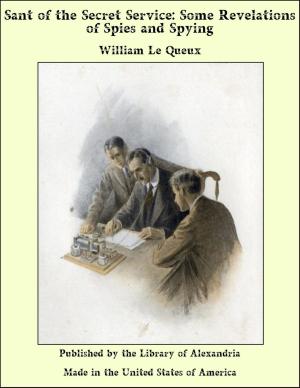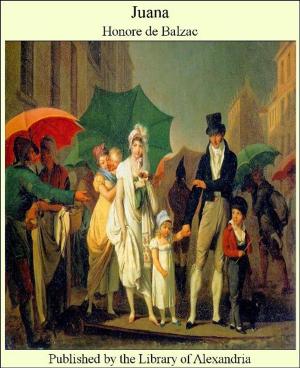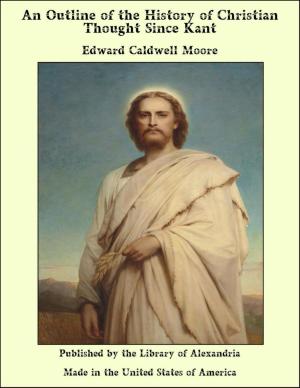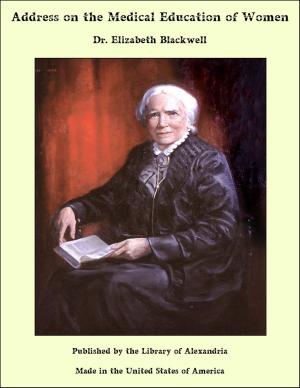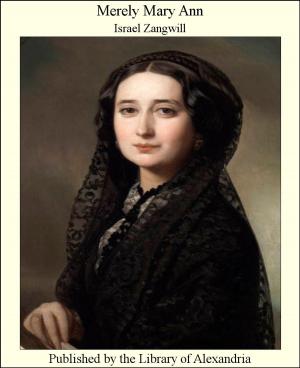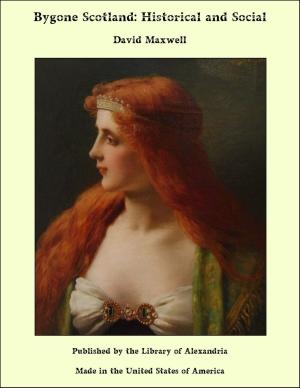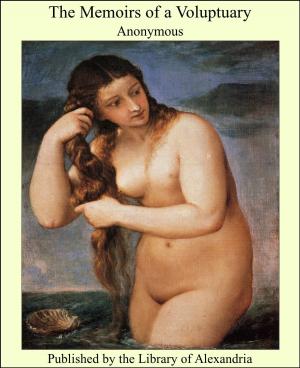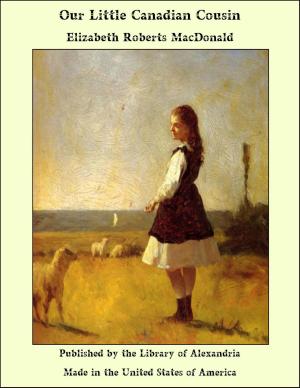Silverspur, The Mountain Heroine: A Tale of the Arapaho Country
Nonfiction, Religion & Spirituality, New Age, History, Fiction & Literature| Author: | Edward Willett | ISBN: | 9781465621993 |
| Publisher: | Library of Alexandria | Publication: | March 8, 2015 |
| Imprint: | Language: | English |
| Author: | Edward Willett |
| ISBN: | 9781465621993 |
| Publisher: | Library of Alexandria |
| Publication: | March 8, 2015 |
| Imprint: | |
| Language: | English |
In a saloon adjoining the St. Louis theater (the city at that time could boast of but one theater) were collected half a dozen men, middle-aged and young. It was evident, even to a casual observer, that they were bound together by ties of friendship, or of interest, or of common pursuit; for they formed a knot by themselves, associating with no others, and their appearance was quite different from that of other frequenters of the saloon. Their dress was fine—not gaudy, but costly—and they wore their broadcloth with the air of men who had been born to it. Their manners were gentlemanly, if not refined, characterized by the frankness and high-toned independence that ought to distinguish the American citizen. Their tastes, also, were of a costly and luxurious nature. Disdaining the low-priced whisky and the fiery brandy that was chiefly dealt out at the saloon, they lavished their gold pieces upon the choicest wines, as freely as if they had owned mines of the precious metals. They were talking, when they entered the saloon, of the theater which they had just left; but their tone changed after a while, and the conversation was of mountains and plains, of Indians and buffalo, of wild scenes and daring exploits. They spoke of these subjects, so strange and wonderful to the uninitiated, as if they were matters of every-day occurrence, laughing and joking the most over the worst perils and the greatest hardships. These men were objects of interest to a person who made his appearance in the saloon shortly after they entered it—a man past the middle age, grotesque, uncouth, and strangely out of place in those surroundings. Although his features were peculiar enough, his dress was chiefly calculated to attract attention in a civilized community. His principal garment was a hunting-shirt of dressed deerskin, embroidered in the Indian fashion, and ornamented with a fringe of green worsted. A heavy cape was attached to this garment, and it was tied at the waist with a red worsted sash. The breast was open sufficiently to give a view of a red flannel shirt. Under the principal garment were leggings of deerskin, heavily fringed below the knee, until they were joined by a pair of moccasins. A cap made of the skin of the gray fox, with the tail prominent behind, and a silver medal set in the front, completed the attire of this strange personage.
In a saloon adjoining the St. Louis theater (the city at that time could boast of but one theater) were collected half a dozen men, middle-aged and young. It was evident, even to a casual observer, that they were bound together by ties of friendship, or of interest, or of common pursuit; for they formed a knot by themselves, associating with no others, and their appearance was quite different from that of other frequenters of the saloon. Their dress was fine—not gaudy, but costly—and they wore their broadcloth with the air of men who had been born to it. Their manners were gentlemanly, if not refined, characterized by the frankness and high-toned independence that ought to distinguish the American citizen. Their tastes, also, were of a costly and luxurious nature. Disdaining the low-priced whisky and the fiery brandy that was chiefly dealt out at the saloon, they lavished their gold pieces upon the choicest wines, as freely as if they had owned mines of the precious metals. They were talking, when they entered the saloon, of the theater which they had just left; but their tone changed after a while, and the conversation was of mountains and plains, of Indians and buffalo, of wild scenes and daring exploits. They spoke of these subjects, so strange and wonderful to the uninitiated, as if they were matters of every-day occurrence, laughing and joking the most over the worst perils and the greatest hardships. These men were objects of interest to a person who made his appearance in the saloon shortly after they entered it—a man past the middle age, grotesque, uncouth, and strangely out of place in those surroundings. Although his features were peculiar enough, his dress was chiefly calculated to attract attention in a civilized community. His principal garment was a hunting-shirt of dressed deerskin, embroidered in the Indian fashion, and ornamented with a fringe of green worsted. A heavy cape was attached to this garment, and it was tied at the waist with a red worsted sash. The breast was open sufficiently to give a view of a red flannel shirt. Under the principal garment were leggings of deerskin, heavily fringed below the knee, until they were joined by a pair of moccasins. A cap made of the skin of the gray fox, with the tail prominent behind, and a silver medal set in the front, completed the attire of this strange personage.

